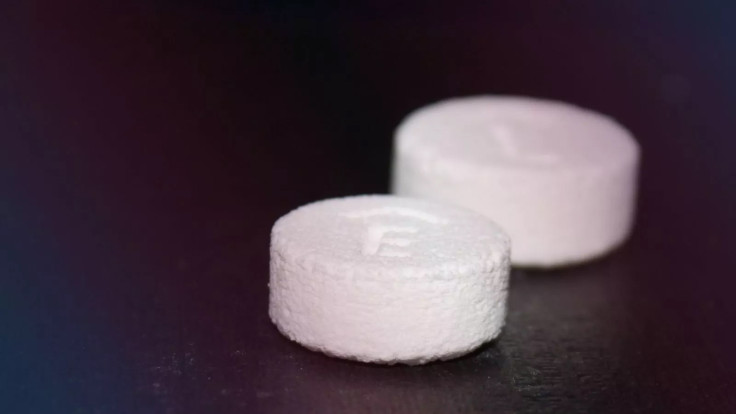FDA approves world's first 3D-printed drug that could transform the pharmaceutical industry

The US Food and Drug Administration (FDA) has given the go-ahead to the world's first 3D-printed drug, Spritam, which is designed to treat seizures brought on by epilepsy in adults and children.
The drug was developed using Pennsylvania-based Aprecia Pharmaceuticals's proprietary ZipDose technology, which builds upon existing 3DP research carried out by MIT into creating fast-melting materials.
ZipDose is a 3D printer that creates pills by printing out thin layers of medicine in powder form, with layers of a water-based binder spread between each of the powder layers. The result is a tablet that can dissolve with a sip of water in less than five seconds. Spritam will be commercially available from early 2016 onwards.
Aprecia says that the ZipDose technology can be used to make tablets up to 1,000mg in a single dose, meaning that the patient only has to swallow one pill, rather than multiple tablets as part of one dose.
Pete Basiliere, an analyst at global IT research and advisory company Gartner, says that 3D-printed drugs could have the ability to transform the pharmaceuticals industry.
3D printing could transform pharmaceuticals
"I think the real value is in medications that are either mass-customised or produced in shorter runs more cost effectively than today. That's where the real benefits are," Basiliere told IBTimes UK.
"With this you could tailor the medication better to individuals, and you could produce shorter runs of a drug that targets the populations."
Apart from Aprecia's 3D-printed drug, the only other similar example in the market is Hewlett Packard's D300 Digital Dispenser device, which dispenses liquids directly into assay plates to speed up the experiments of drug discovery biologists.
Other than that, 3D printing is currently being used in medicine to bioprint stem cells, with a view to one day printing out entire human organs to get patients off transplant lists faster.
"By combining 3DP technology with a highly prescribed epilepsy treatment, Spritam is designed to fill a need for patients who struggle with their current medication experience," said Aprecia CEO Don Wetherhold.
"This is the first in a line of central nervous system products Aprecia plans to introduce as part of our commitment to transform the way patients experience taking medication."
© Copyright IBTimes 2025. All rights reserved.





















